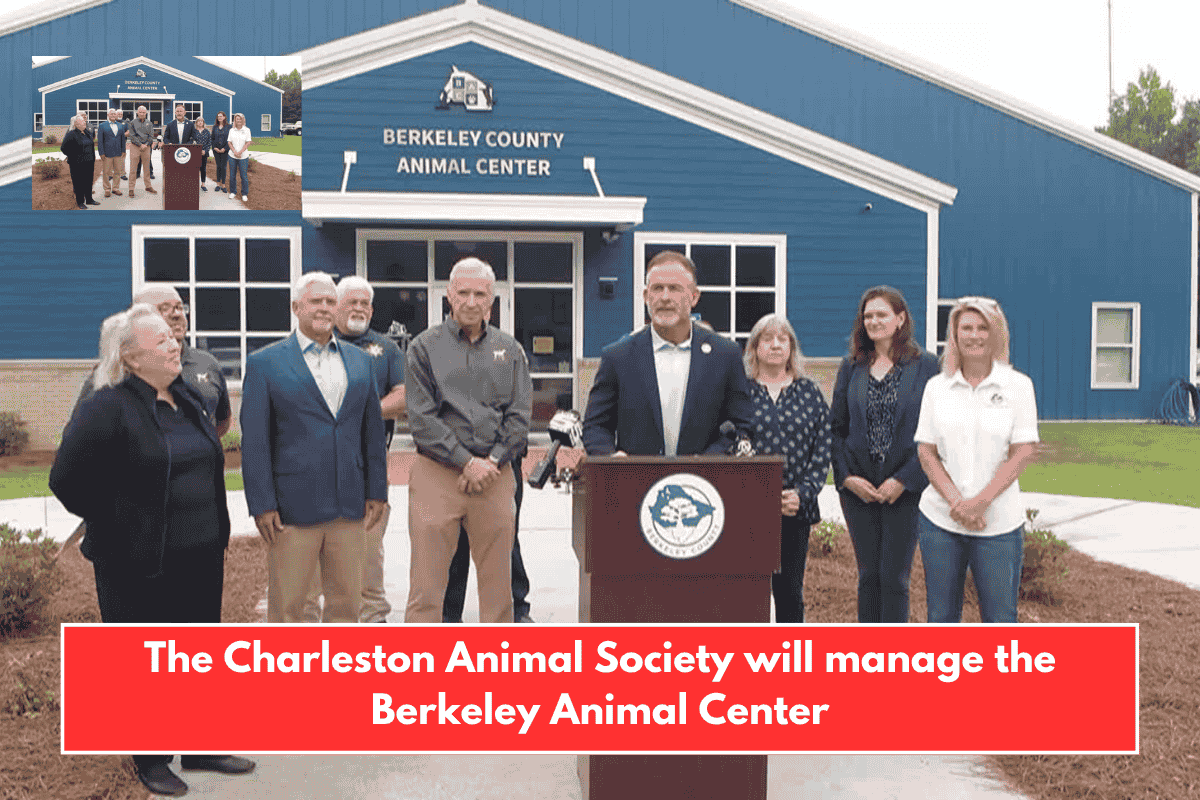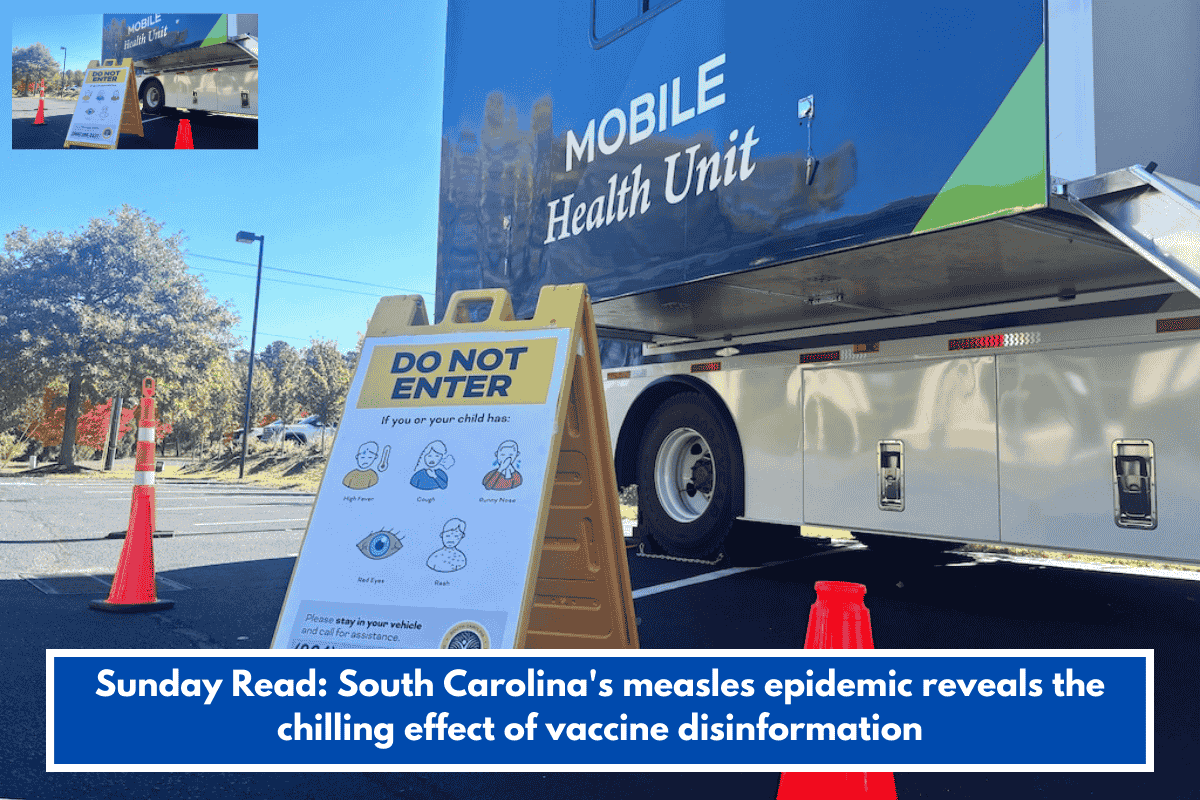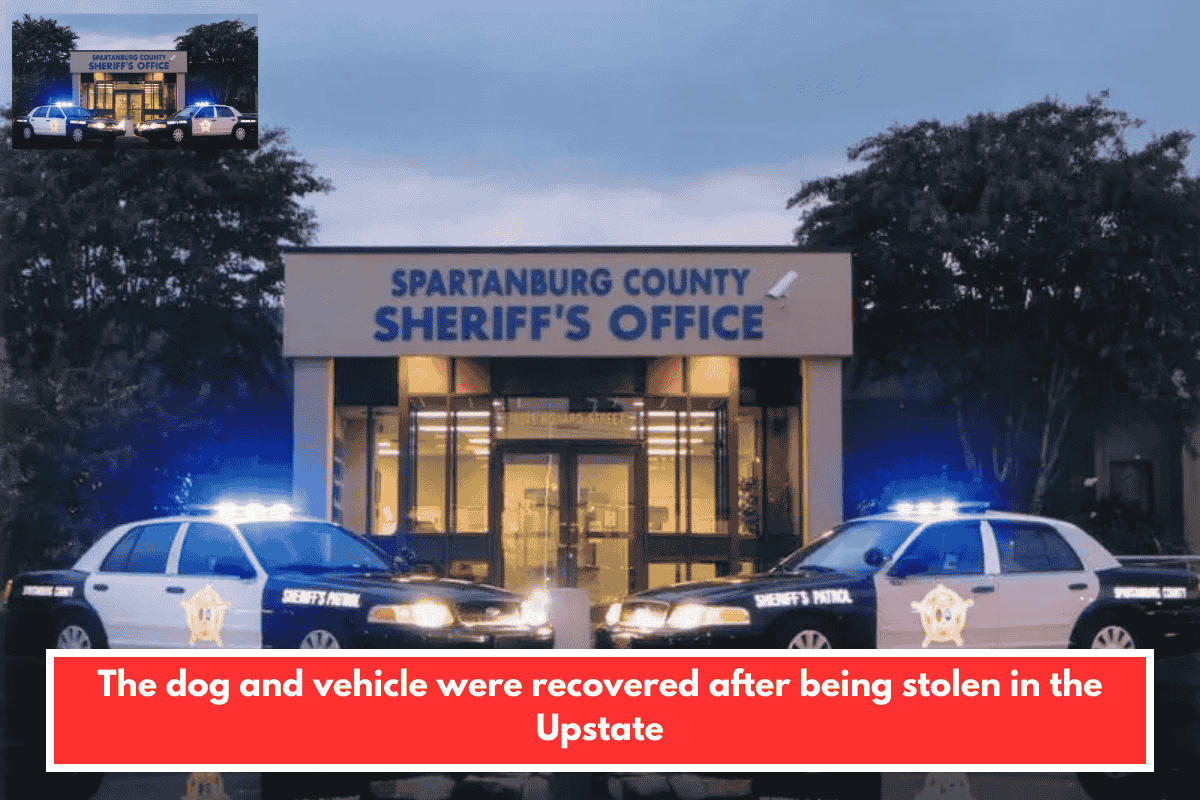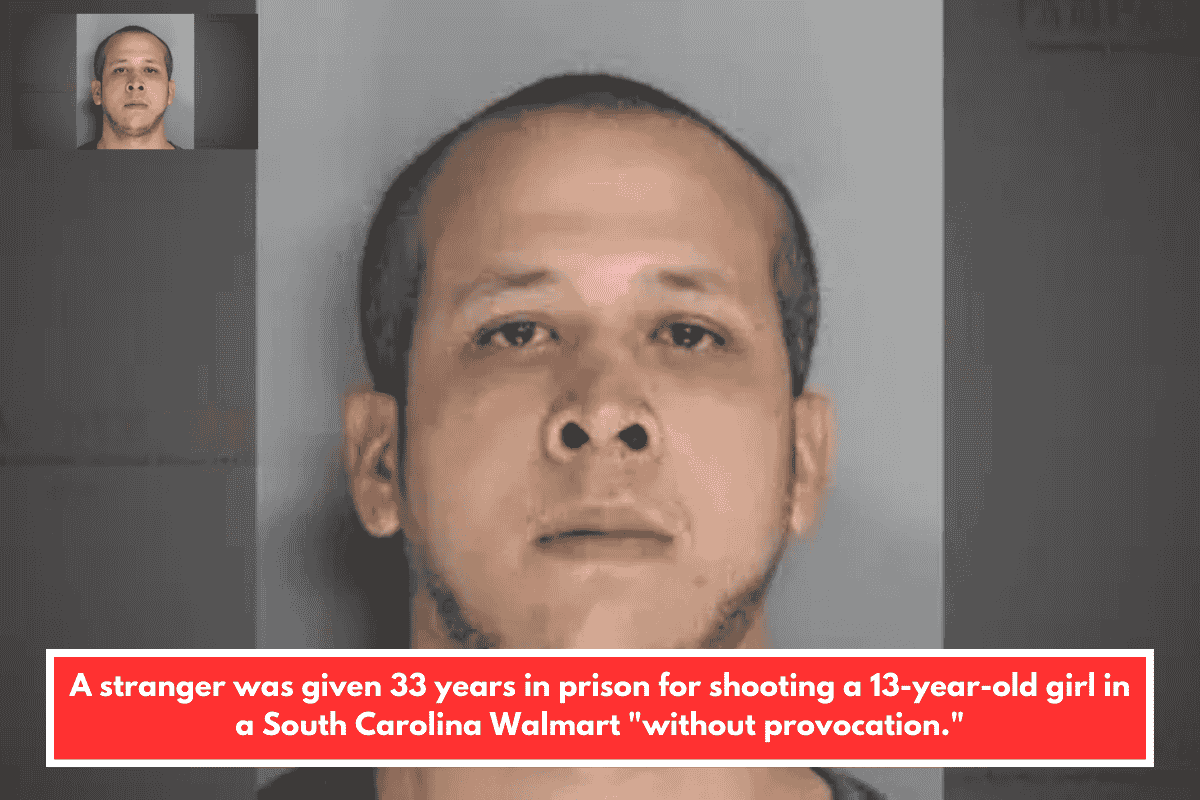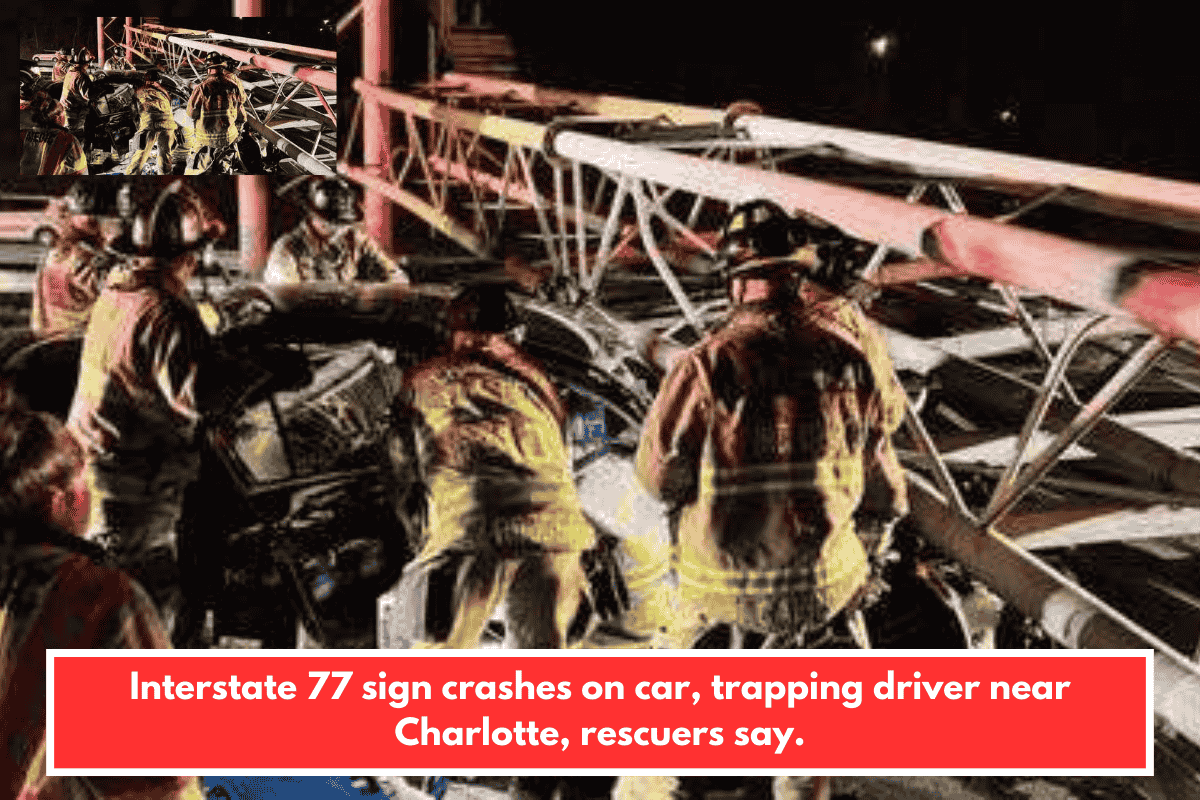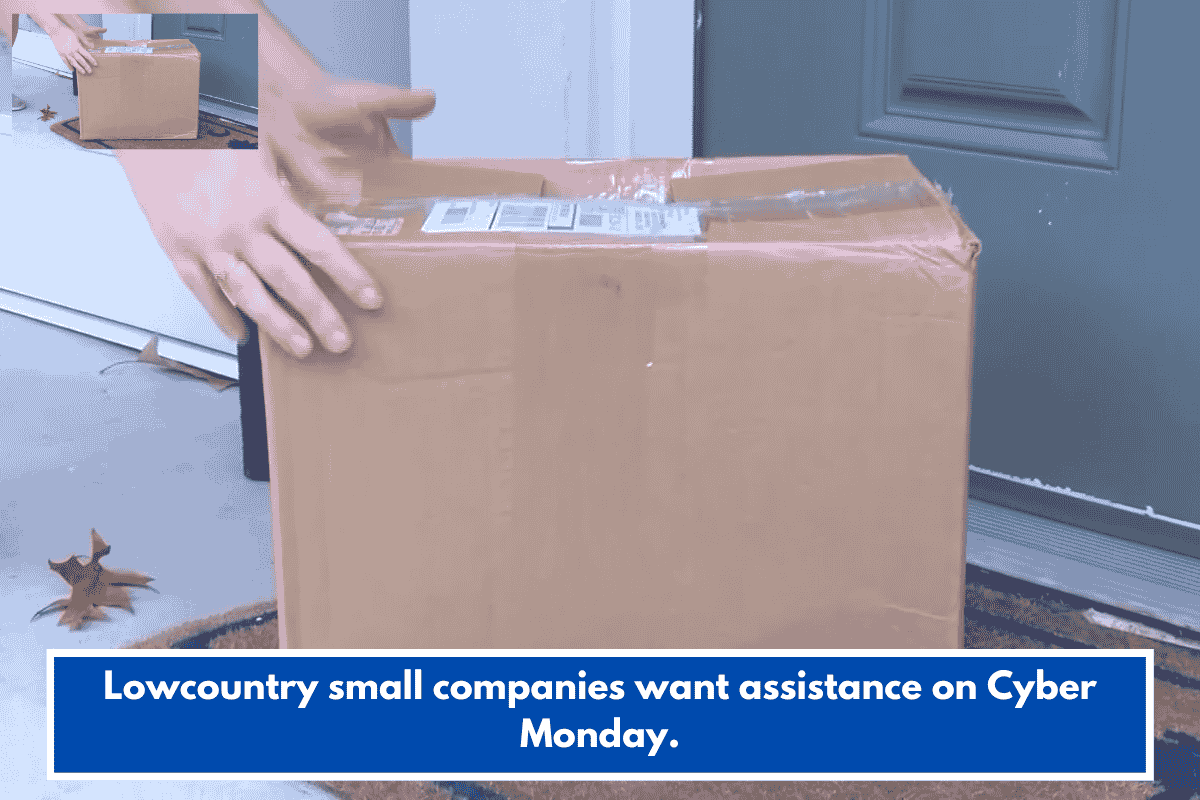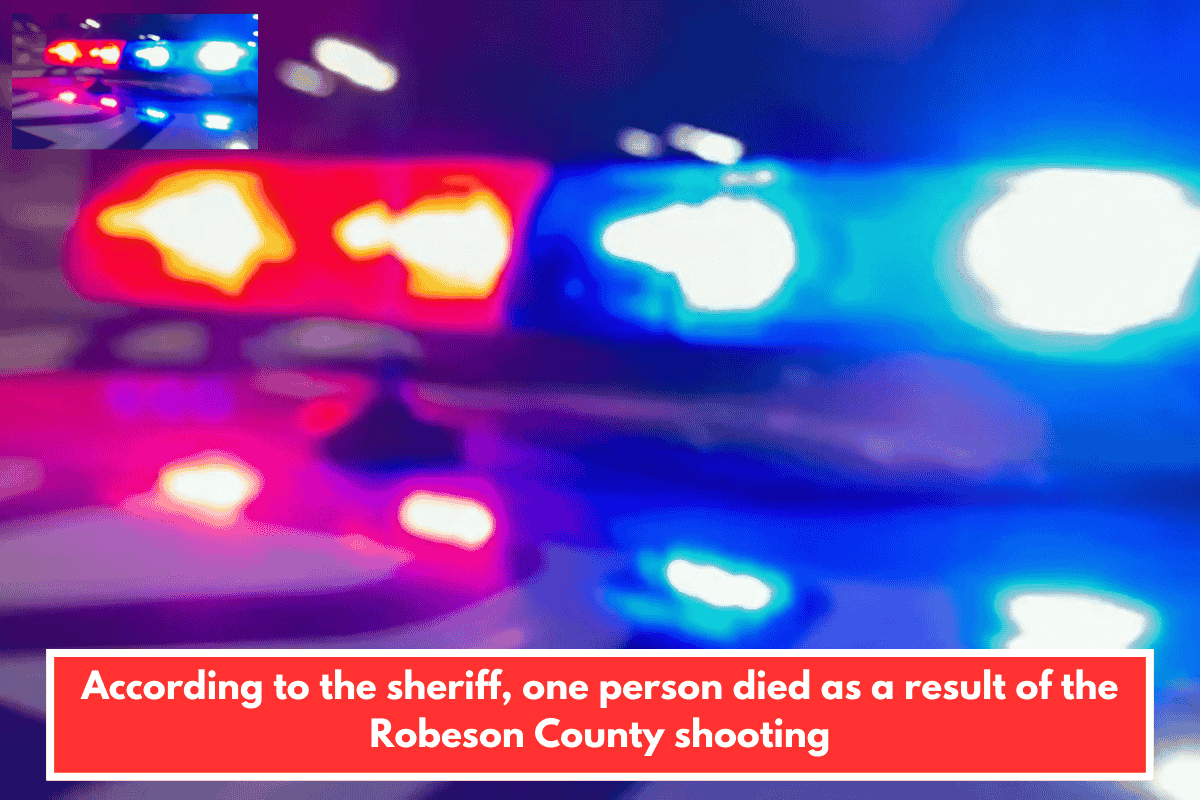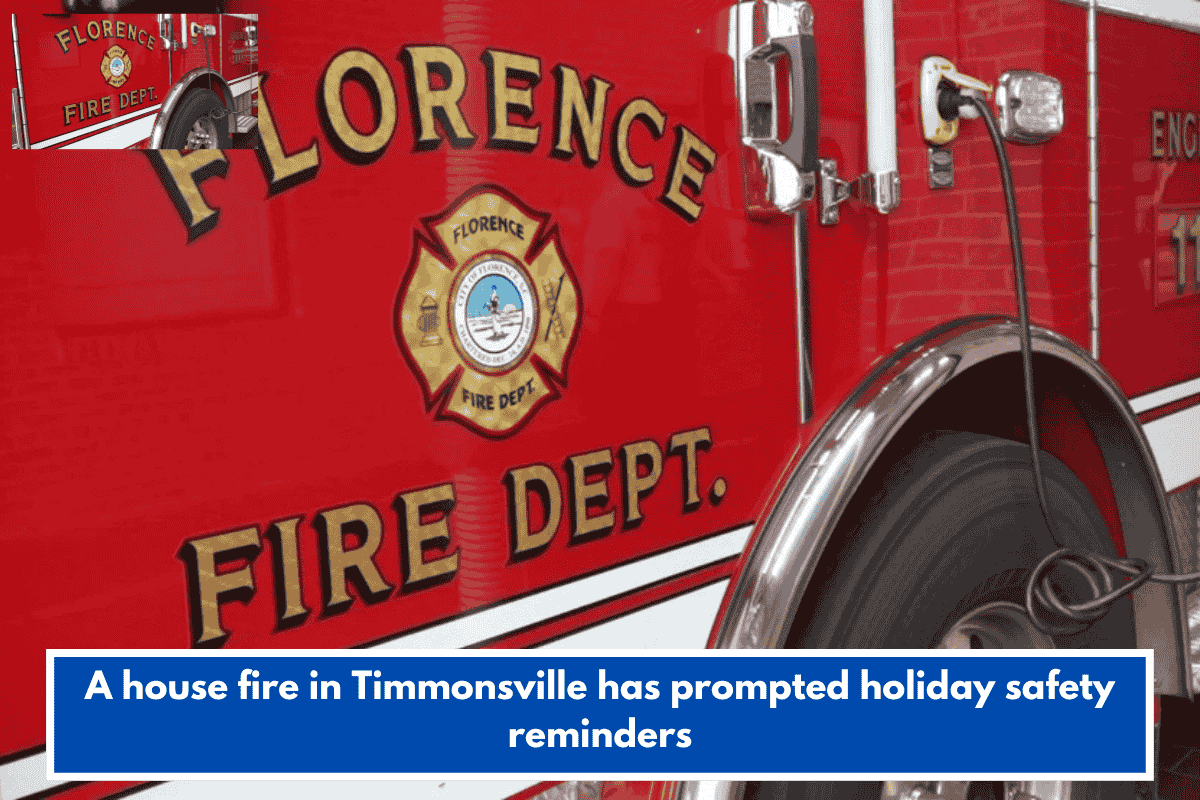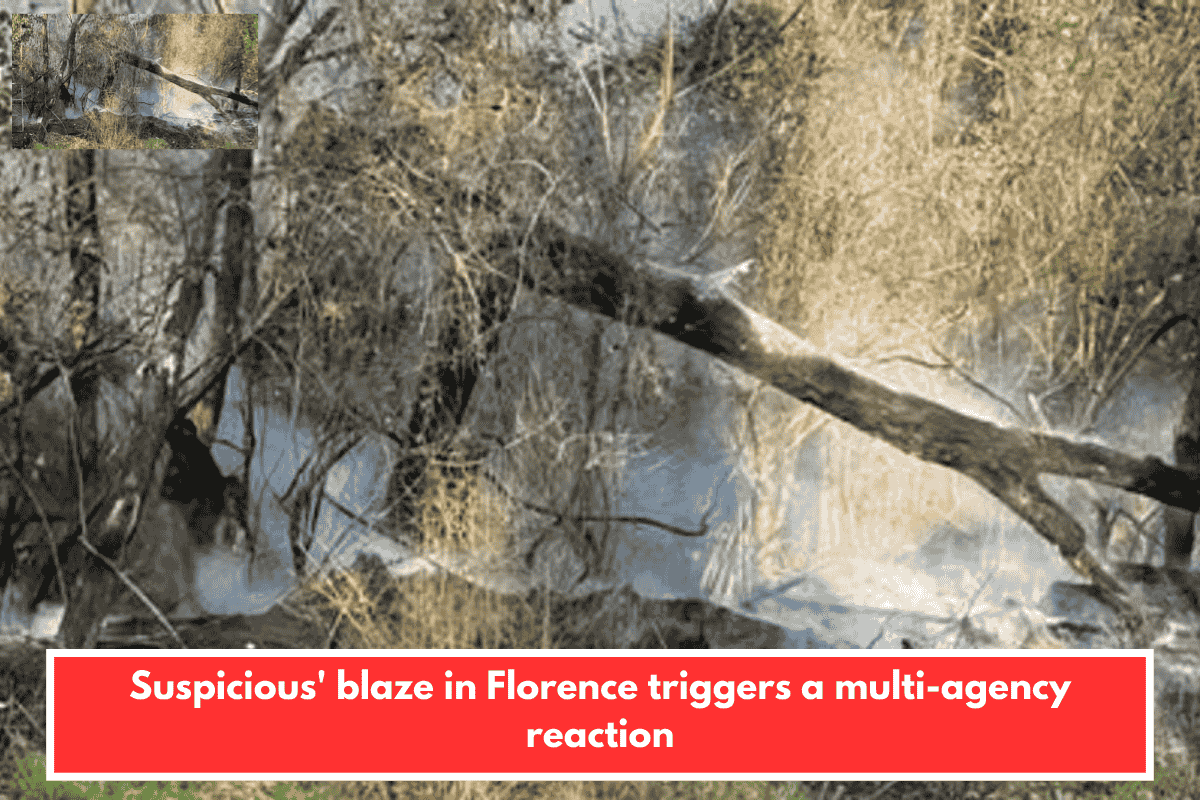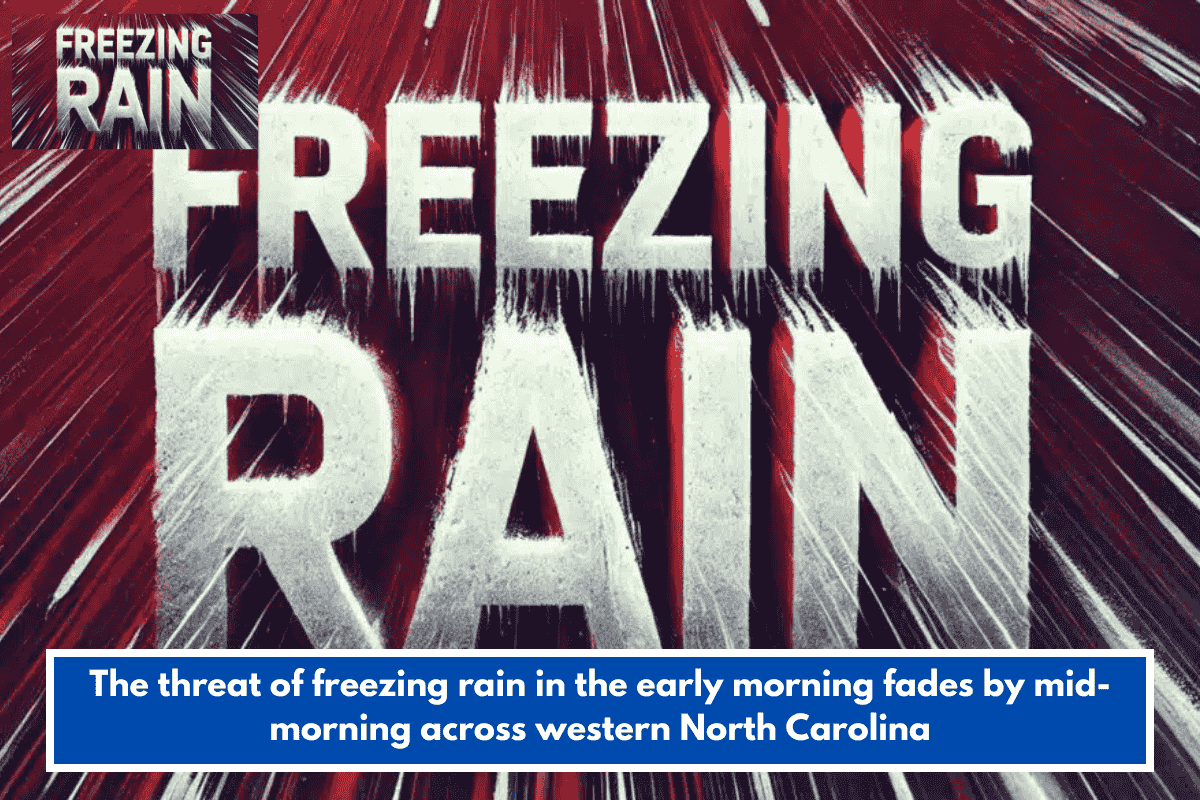BERKELEY COUNTY, S.C. — Berkeley County Council has approved a partnership with the Charleston Animal Society to manage the Berkeley Animal Center, starting July 1. This collaboration aims to better support the region’s growing pet population while making animal services more efficient.
Why the Partnership?
Berkeley County Supervisor Johnny Cribb said the partnership builds on a long history of cooperation between the two groups. “With a shared commitment to animal welfare and community service, this partnership reflects over a year and a half of careful planning,” he said.
As the tri-county area grows rapidly, so does the number of dogs and cats needing care. Charleston Animal Society CEO Joe Elmore noted that working together helps reduce duplication of services and better meets the needs of both animals and residents.
How Will This Work?
Starting July 1, Charleston Animal Society will oversee the Berkeley Animal Center’s operations with a $1.6 million budget for Fiscal Year 2026. Berkeley County will continue funding the center at current levels with planned annual increases.
Current Berkeley Animal Center staff will transition to become employees of Charleston Animal Society and operate under its policies. Volunteers will continue to play a key role in caring for animals and helping them find homes.
Elmore said, “This partnership isn’t about replacing what works — it’s about enhancing and building on it.” Charleston Animal Society previously helped create the Southeast’s first No Kill county and aims to bring similar success to Berkeley County.
Programs and Future Plans
The Berkeley Animal Center name will remain for now, but changes are expected over time. Animal control operations will continue to work closely with local agencies to maintain high standards.
One program to get a boost is the Trap-Vaccinate-Alter-Return (TVAR) initiative, which manages community cat populations. Combining this with Charleston’s spay-neuter resources aims to reduce overpopulation and improve pet health.
A Win for Everyone
Cribb described the partnership as “a model for other communities exploring public-private collaborations.” Elmore added, “This is a win for taxpayers, communities, and most importantly, the animals.”

